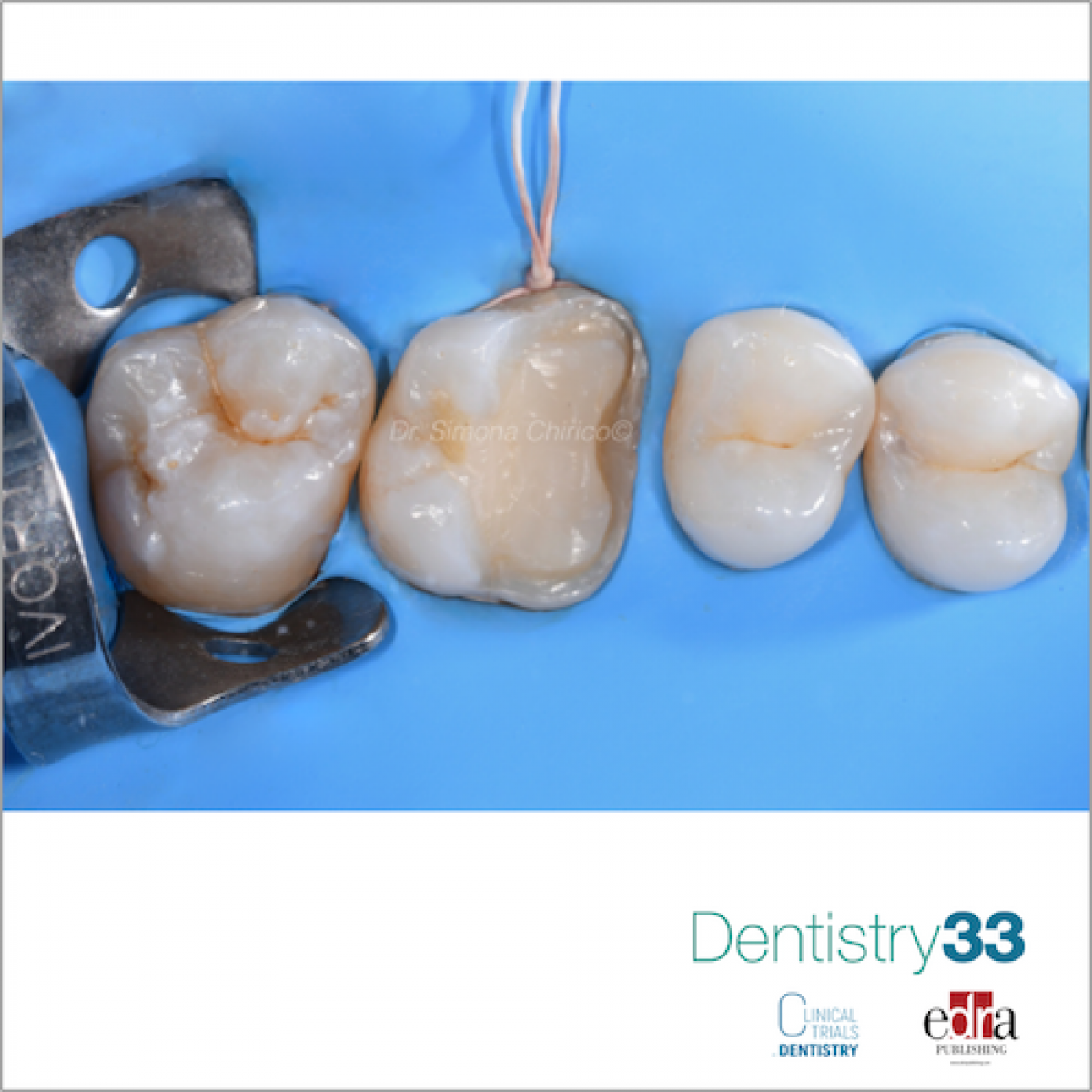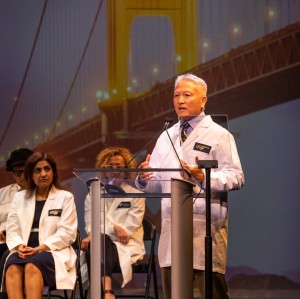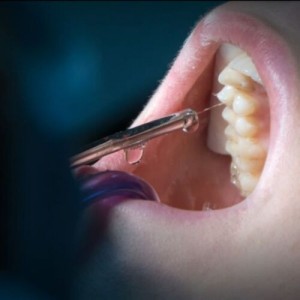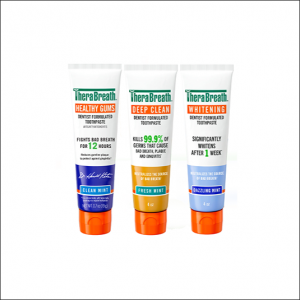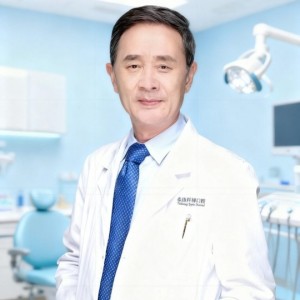
Minimally invasive ceramic restorations: clinical outcomes
Co-authors: Tatjana Vukadinov
Lorenzo Breschi
The introduction of adhesive systems and dental restorative materials of enhanced mechanical and esthetic properties has enabled the rise of minimally invasive dentistry, and esthetic restorations have gained popularity in the past several decades. The reported success of ceramic veneers reaches nearly a 99 % in the first years of intraoral use. However, the studies reporting these results are always conducted by a single, highly experienced operator, thus excluding the differences between the investigated groups due to operator-sensitivity. Nonetheless, in every-day clinical practice, it is vital to understand whether the experience of a clinician influences the outcome of the therapy. This is particularly the case when dealing with complicated procedures that involve a series of technique-sensitive clinical steps, and where following the manufacturer’s instructions could be of utmost importance. Hence, a Brazilian research group led by Rocha et al. performed a prospective blinded clinical study investigating the influence of the experience of the operator and compliance to the clinical protocols on the clinical performance of minimally invasive ceramic restorations.
Materials and Methods
The authors included in the study 16 operators of 4 different levels of experience, who performed 274 restorations in total, which were followed at the baseline, at 30, 180 and 360 days according to the United States Public Health Service criteria and patient satisfaction surveys. Prior to the execution of the restorations, all the operators were trained to follow exactly the same clinical protocols.
Results
Rocha and coworkers demonstrated that operator’s experience does not influence the clinical performance of minimally invasive ceramic restorations, or the patient satisfaction. However, the compliance to the protocol indeed does. The authors reported a mean success rate of 94% after 1 year, with the failures being mainly contributed to errors in the adhesive procedures on dentin (e.g. over-etching of the dentin). These errors can cause a discrepancy between the amount of demineralized dental tissue and the ability of adhesive resins to penetrate this tissue. Hence, in the water-rich, denuded collagen fibril network, hydrolytic degradation by endogenous proteases is initiated, which lead to debonding of the restoration. Another common failure mode was chipping of the ceramics, which was determined in the SEM fractographic analysis to be due to procedural errors in the finishing and polishing of the restorations. Highly abrasive diamond burs used in high-speed turbines can cause heat damage to the surface of the ceramic, lowering its flexural strength and leading to subsequent failures.
Conclusions
Based on the results of this interesting clinical research, the authors recommended a very careful and precise compliance with the established clinical protocols, since they can lead to successful minimally invasive restorations in terms of clinical performance and patient satisfaction. The authors emphasized the need for longer observation periods and demonstrated that the restoration success rate might be lower in every-day clinical practice compared to what is reported in well-planned and conducted clinical studies performed by highly experienced operators.
For more information: Clinical outcomes of ceramic restorations executed by dentists with different levels of experience. blind and prospective clinical study
 Related articles
Related articles
Periodontology 24 October 2022
Dental schools can implement targeted strategies to improve oral health outcomes
A learning health system for dentistry is now feasible, as an increased number of oral health care encounters are captured in electronic health records.
 Read more
Read more
Editorials 10 October 2025
With proud smiles and crisp white coats, ninety-three learners from the DDS Class of 2029 and the International Dentist Pathway Class of 2028 marked the start of their dental careers at the UCSF...
Periodontology 10 October 2025
Continuous professional development (CPD) in Periodontology refers to the overall framework of opportunities that facilitate a life-long learning practice, driven by the learner-practitioner and...
TheraBreath, the #1 alcohol-free mouthwash brand in the U.S.*, has introduced a new line of dentist-formulated, clinically tested toothpastes designed to support professional oral care...
News 10 October 2025
New officers and trustees were installed at the Minnesota Dental Association’s Leadership Conference on September 19 in Minneapolis.
News 10 October 2025
Smartee Denti-Technology today announced that Professor Gang Shen, its Chief Scientist and Executive President of TaiKang ByBo Dental, has once again been named to the World’s Top 2% Scientists...


